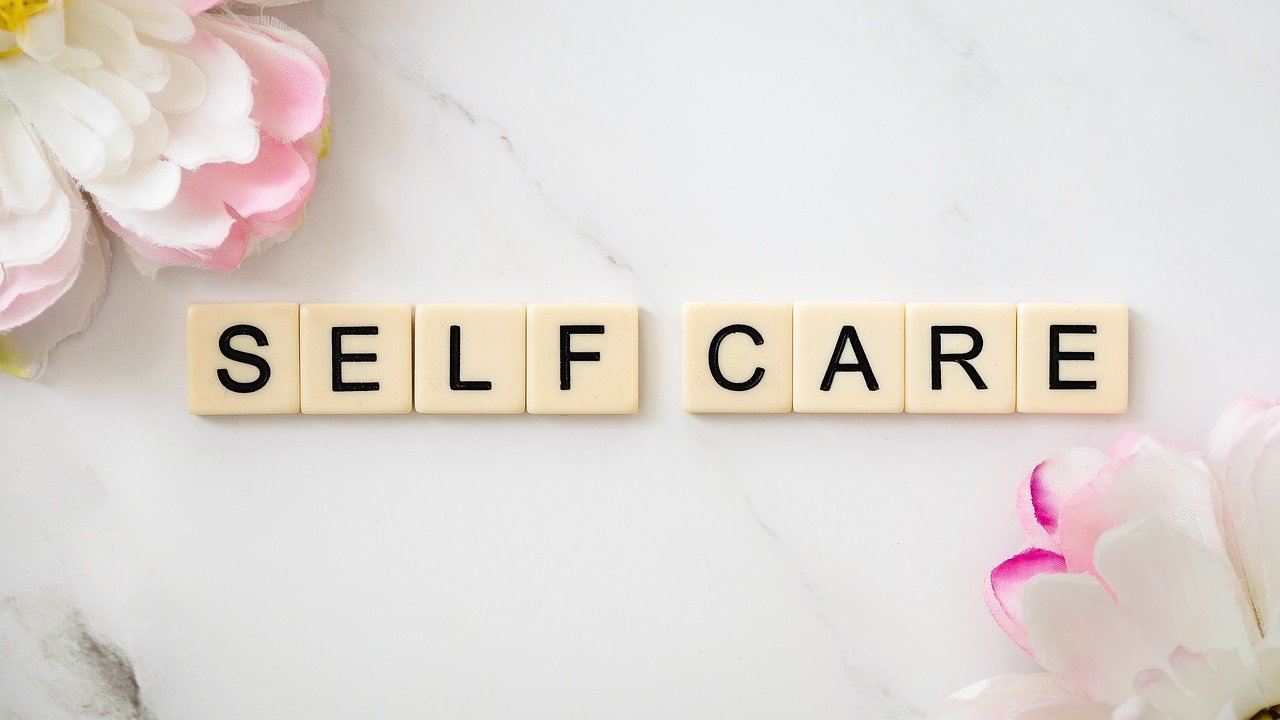The Role of Self-Care in Mental Health

This image is property of pixabay.com.
Understanding the Importance of Self-Care
Self-care plays a vital role in maintaining and improving our mental health. It involves taking the time to prioritize our well-being by engaging in activities that promote relaxation, reduce stress, and enhance our overall quality of life. It allows us to recharge, refuel, and rejuvenate our minds and bodies to better cope with the daily challenges and pressures we face.
The Impact of Self-Care on Mental Health
When we prioritize self-care, we are better equipped to manage stress, anxiety, and other mental health issues. Taking time for ourselves helps reduce negative emotions and boosts our mood. Engaging in self-care activities has been shown to increase feelings of happiness, confidence, and overall well-being. It also helps improve our resilience in the face of adversity.
Types of Self-Care Activities
Self-care activities can encompass a wide range of practices that cater to our physical, emotional, and psychological needs. These can include simple activities such as taking a relaxing bath, practicing mindfulness or meditation, going for a walk in nature, spending time with loved ones, or engaging in a hobby that brings us joy. Finding activities that resonate with us and bring us a sense of fulfillment is key to effective self-care.
Establishing a Self-Care Routine
Creating a self-care routine that fits into our daily life is essential for maintaining our mental health. By incorporating self-care activities into our daily or weekly schedule, we make it a priority to nurture our well-being. Setting aside dedicated time for self-care helps ensure that we are consistently practicing habits that promote relaxation, stress reduction, and emotional balance.

This image is property of pixabay.com.
Overcoming Barriers to Self-Care
Despite the benefits of self-care, many of us may find it challenging to prioritize these activities due to various barriers. Common obstacles include a lack of time, feeling guilty for taking time for ourselves, or not knowing where to start. To overcome these barriers, it’s important to recognize the value of self-care and make it a non-negotiable part of our routine. Starting with small, manageable activities can help build the foundation for a sustainable self-care practice.
Self-Care Strategies for Better Mental Health
Implementing self-care strategies tailored to our individual needs can significantly impact our mental health. Here are some key strategies to consider:
| Self-Care Strategy | Description |
|---|---|
| Mindfulness Meditation | Practicing mindfulness meditation can help reduce stress, improve focus, and promote a sense of calm and clarity. |
| Physical Exercise | Engaging in regular physical exercise releases endorphins, which can boost our mood, reduce anxiety, and improve overall health. |
| Healthy Eating | Maintaining a balanced and nutritious diet is essential for supporting our mental health and overall well-being. |
| Adequate Sleep | Getting enough sleep is crucial for cognitive function, mood regulation, and maintaining emotional balance. |
| Setting Boundaries | Establishing healthy boundaries with others helps protect our emotional well-being and prevent burnout. |

This image is property of pixabay.com.
Tips for Practicing Self-Care Consistently
Consistency is key when it comes to self-care. Here are some tips to help you practice self-care regularly:
- Schedule Self-Care Time: Block off time in your calendar for self-care activities to ensure you prioritize them.
- Start Small: Begin with simple self-care activities and gradually incorporate more as you become comfortable.
- Seek Support: Lean on friends, family, or a therapist for encouragement and accountability in your self-care journey.
- Mix It Up: Explore a variety of self-care activities to find what works best for you and keeps things interesting.
- Reflect and Adjust: Regularly assess your self-care routine to identify what’s working well and what can be improved.
Monitoring Your Mental Health
Incorporating self-care practices into your routine can also involve monitoring your mental health. By paying attention to your thoughts, emotions, and behaviors, you can gain insight into your mental well-being and make adjustments as needed. Keeping a journal, tracking your mood, and seeking professional support when necessary are all valuable tools for monitoring and maintaining your mental health.
Seeking Professional Help
While self-care is an essential aspect of maintaining mental health, it’s important to recognize when additional support is needed. If you’re struggling with persistent feelings of anxiety, depression, or other mental health issues, seeking the help of a mental health professional can provide you with the guidance and resources necessary to address these challenges. Therapy, counseling, or other forms of professional treatment can offer valuable support in managing and improving your mental health.
Conclusion
In conclusion, self-care plays a vital role in nurturing and maintaining our mental health. By prioritizing activities that promote relaxation, reduce stress, and enhance our overall well-being, we can improve our emotional resilience, boost our mood, and better cope with the challenges of daily life. Establishing a self-care routine, overcoming barriers, and implementing strategies tailored to our individual needs are all key steps in fostering a healthy self-care practice. Remember, taking care of our mental health is a journey, and self-care is an essential part of that journey. Let’s prioritize our well-being and make self-care a non-negotiable aspect of our daily lives.

